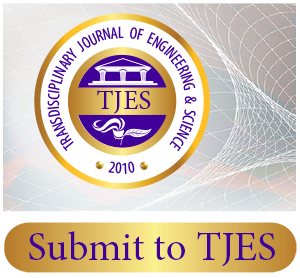Exploring Grassroots Renewable Energy Transitions: Developing a Community-Scale Energy Model
Abstract
Decarbonizing energy systems through the integration of decentralized renewable energy generators creates opportunities for community-scale actors to participate in energy system decision-making. However, typical modelling approaches exclude community stakeholders, causing a loss of local knowledge. This exclusion is problematic for Indigenous peoples in so-called Canada where the natural resource industry harms their land and communities. The Exploring Grassroots Renewable Energy Transitions (EGRET) platform introduced in this work presents an alternative to typical energy system modelling because it facilitates community participation throughout the model development and application process. This platform was developed in partnership with a local First Nation's energy specialist to assess whether solar panels could increase community energy sovereignty. The platform's user interface, visualization suite, and high-speed machine learning models make energy system modelling accessible to community members through interactive workshops. In the future, the EGRET approach could be generalized for stakeholder-led renewable energy exploration in other community settings.


